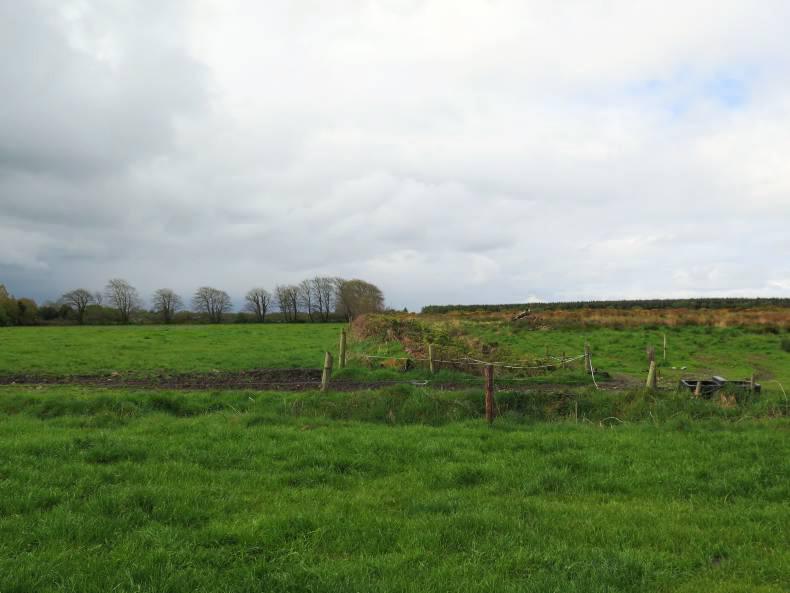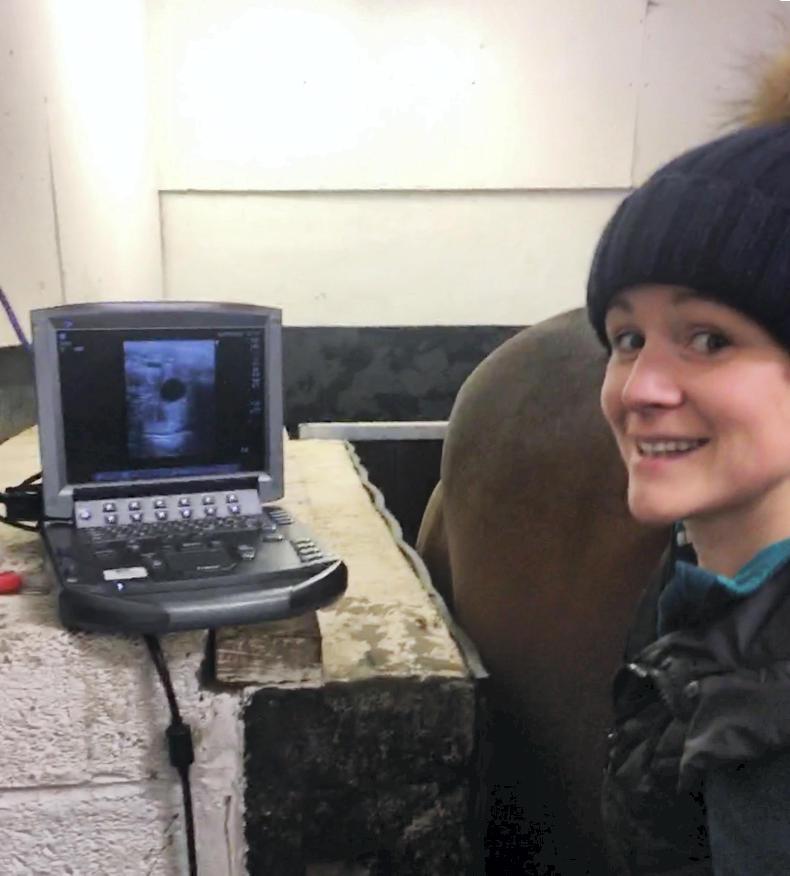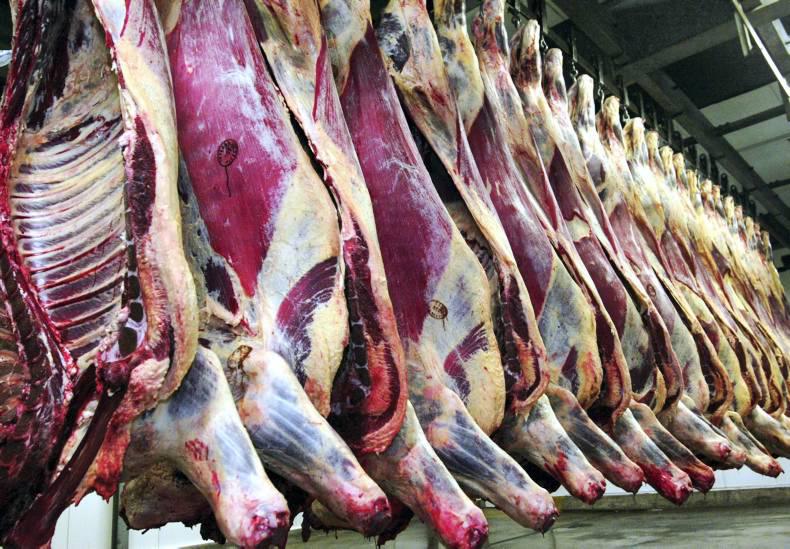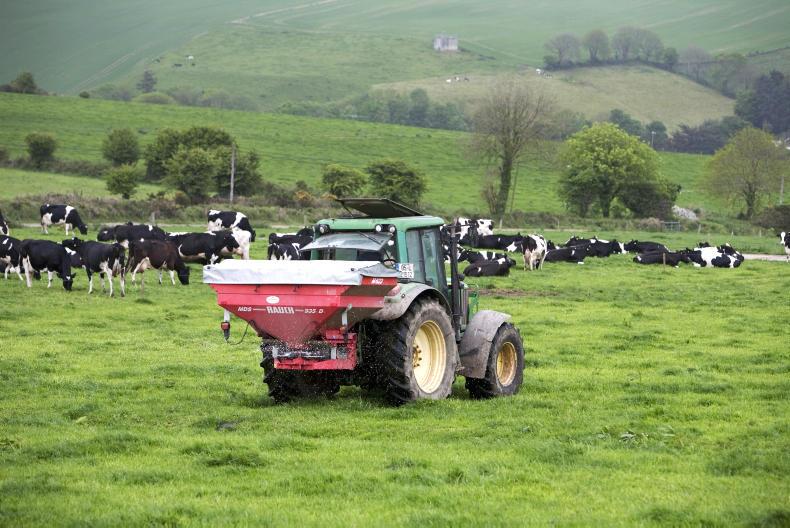In a vote taken this week, Environment and Agriculture MEPs called on the Commission to extend a plan to ban the cloning of animals for food to their reproductive material, offspring and derived products.
The MEPs said “measures should be taken to avoid the import ... of food obtained from animal clones and their descendants produced in third countries.”
However, the decision of the MEPs looks set to clash with the view of the Commission and Member States, who say the introduction of rules on offspring and their products would be costly and difficult, due to having to develop traceability systems, as well as politically sensitive, due to reliance on trade partners like the US, where cloning is allowed.
Renate Sommer, co-author of a report on extending the ban, dismissed such fears in comments to reporters at a press conference on Wednesday afternoon, saying a tracking system was easy to implement and the move would hold up to challenges at the World Trade Organisation.
The EU’s executive launched the plan to ban cloning in December 2013. However, under the original proposalfarms could continue importing semen from countries like the US, where cloning is allowed, as well as food and drink that may be derived from the progeny of cloned animals.









SHARING OPTIONS